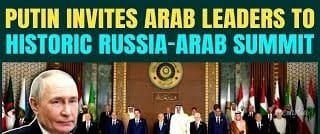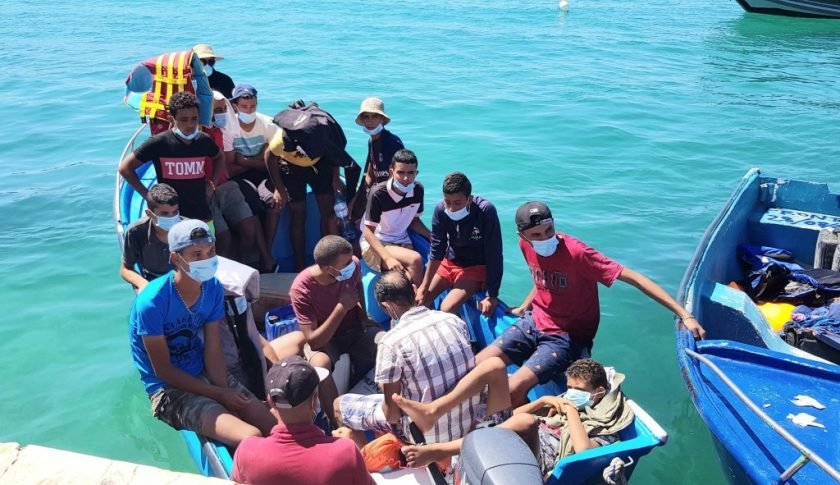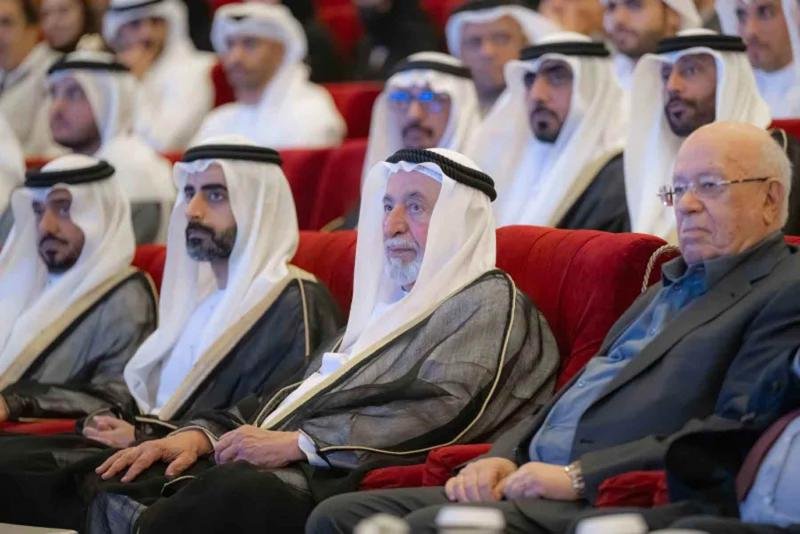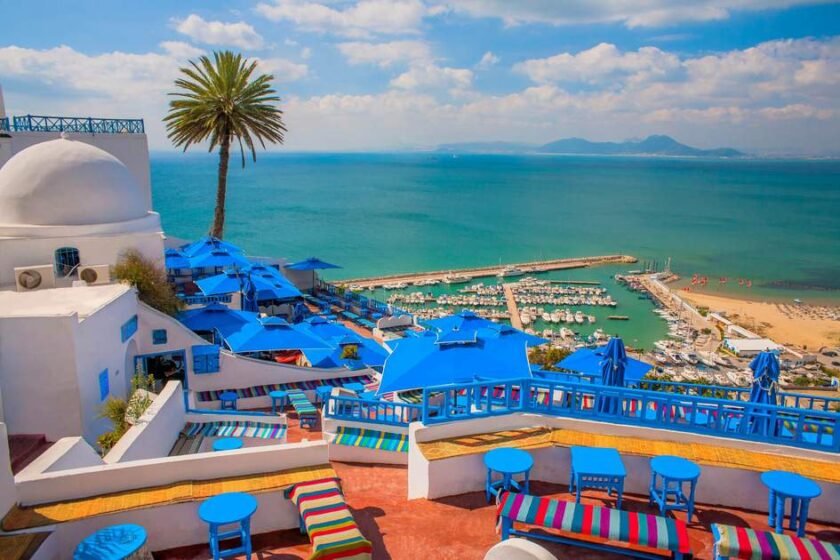All eyes are turning to Moscow, where on October 15 the Russian capital will host the first-ever Arab–Russian Summit, following an invitation by President Vladimir Putin to Arab leaders and the Secretary-General of the Arab League.
This summit carries exceptional weight, as it comes at a time of heightened geopolitical complexity. Russia seeks to expand its influence in the Middle East and North Africa, while the United States continues to deepen its presence, most recently through President Donald Trump’s tour of the Gulf that secured massive deals with Saudi Arabia and the UAE in investment, defense, and technology.
Political Dimension
Politically, the summit represents a platform for greater balance in international relations. Arab states are keen to diversify their strategic partnerships and avoid reliance on a single power. For Moscow, the meeting is an opportunity to play a central role in addressing key regional issues, most notably the Palestinian question. Palestinian President Mahmoud Abbas has confirmed his participation, viewing the summit as a chance to reaffirm the two-state solution.
Economic Dimension
Economically, the summit opens doors for cooperation in energy, food security, and technology. Facing mounting Western pressure, Russia sees the Arab world as a vital economic partner, while Arab capitals are eager to collaborate with Moscow in areas such as artificial intelligence, digital transformation, and agriculture.
Gulf Engagement
The participation of Saudi Arabia will be particularly significant. Should Crown Prince Mohammed bin Salman attend, the summit will gain exceptional momentum. Saudi–Russian relations have strengthened in recent years, especially under the “OPEC+” framework, and the summit could pave the way for deeper strategic and economic collaboration.
Strategic Implications
Beyond bilateral agendas, the summit reflects broader shifts toward a multipolar world order. The global stage is no longer dominated solely by Washington and Brussels; Moscow and Beijing are increasingly positioning themselves as alternative or complementary partners. For Arab countries, this gathering is an opportunity to reinforce independent decision-making and broaden their strategic horizons.
Conclusion
The first Arab–Russian Summit is far more than a diplomatic meeting. It signals a potential turning point in global and regional dynamics, combining politics, economics, and security at a crucial moment for the Middle East. Ultimately, it may lay the groundwork for a long-term strategic partnership between Moscow and the Arab world.
TunisianMonitorOnline (Douha Essafi)




